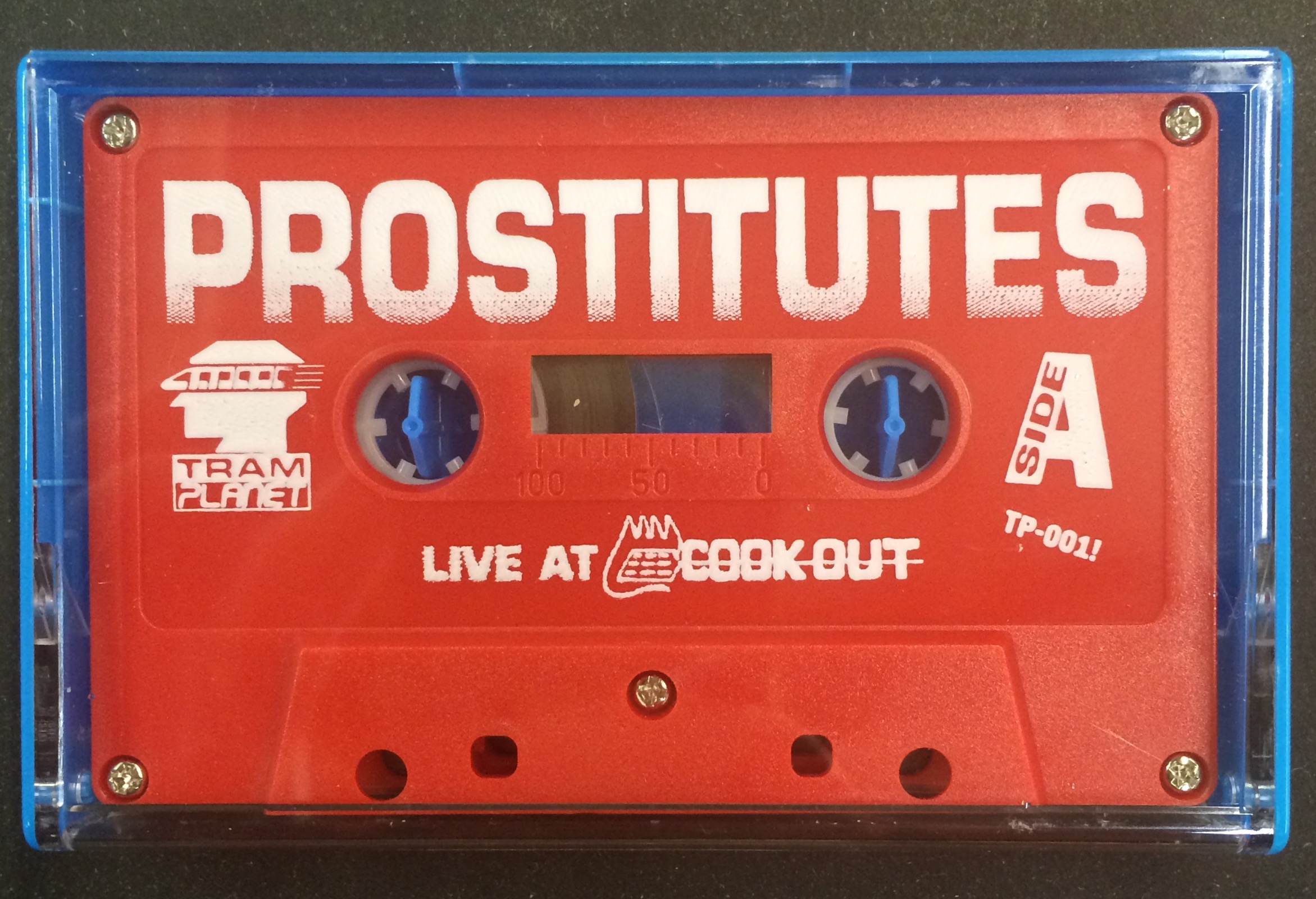Nicolas Bougaïeff’s EP Ascent is the fourth and last release for 2016 coming from Berlin-based label Establishment, a cosmic trip into the fascinating world of an artist for whom music is not just pleasant sound meant to be heard in the background, it’s a tool which can be studied and deconstructed because it has so much to give in return.
Released on November 28th 2016, the EP is out now and if you’re not familiar with the work of Nicolas, we invite you to find out more about him, his latest EP and future plans through this Q&A.
Marie Bungau: You don't hear everyday about doctorates on techno and Plastikman. What motivated you to pursue this path? Was it a difficult subject to write about?
Nicolas Bougaïeff: My goal is to understand the architecture of music, the structures hidden behind the sound. I’ve relentlessly pursued that not only with techno, but also with classical and electroacoustic musics. I spent years studying harmony, counterpoint, formal analysis and ear training. I ended up completing a degree in electroacoustic composition at the Conservatoire de Musique de Montréal, an intensive course modeled on the work of musique concrète practicians and theorists such as Pierre Henry, Pierre Schaeffer, Michel Chion, Parmegiani, Bayle and so forth.
Although I started producing electronic tracks when I was 13 years old, I was never strongly connected to any scene. Moving to Berlin in 2008 was a way to throw myself into the lion’s den and commit to techno. Shortly after the move I was contacted, via MySpace, by Dr Rupert Till at the University of Huddersfield. He’d spotted my profile and invited me to apply to a doctoral program. I came into contact with Richie Hawtin a year later, started developing controllers for the Plastikman Live show and everything fell into place.
Writing the thesis was challenging because it’s a marathon endeavor, a little bit every day, but on the other hand I knew exactly what I was trying to accomplish. I wanted to analyze techno tracks using conventional music terminology, and bridge the gap between hundreds of years of western musical thought and today’s self-taught production methods. Having access to all the Plastikman Live materials was an incredible source of raw data. Techno is a genre predicated on repetition, variation and improvisation. I wanted to understand the implications both in the work of individual producers and on the scale of a global scene.











